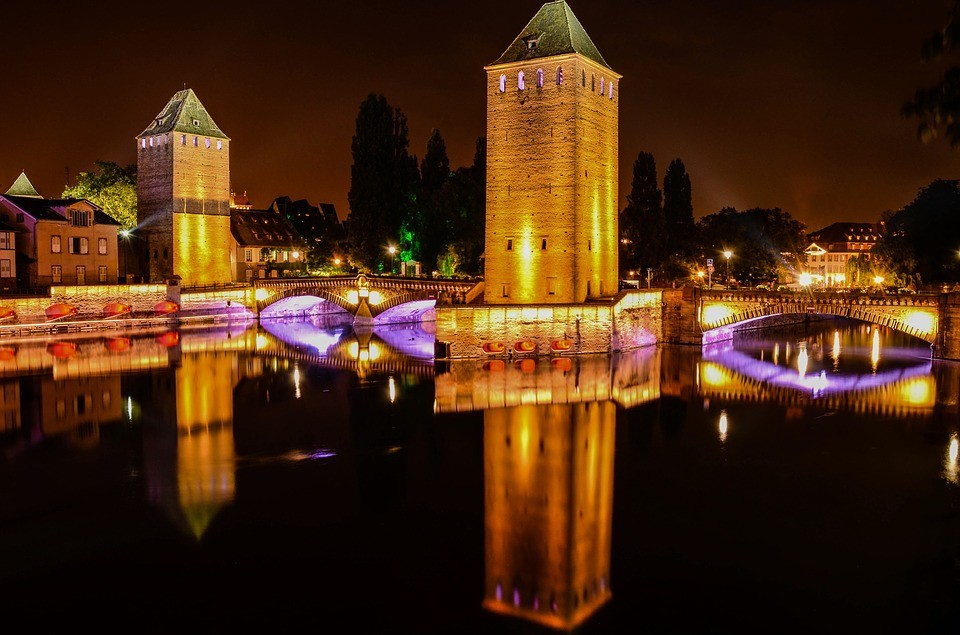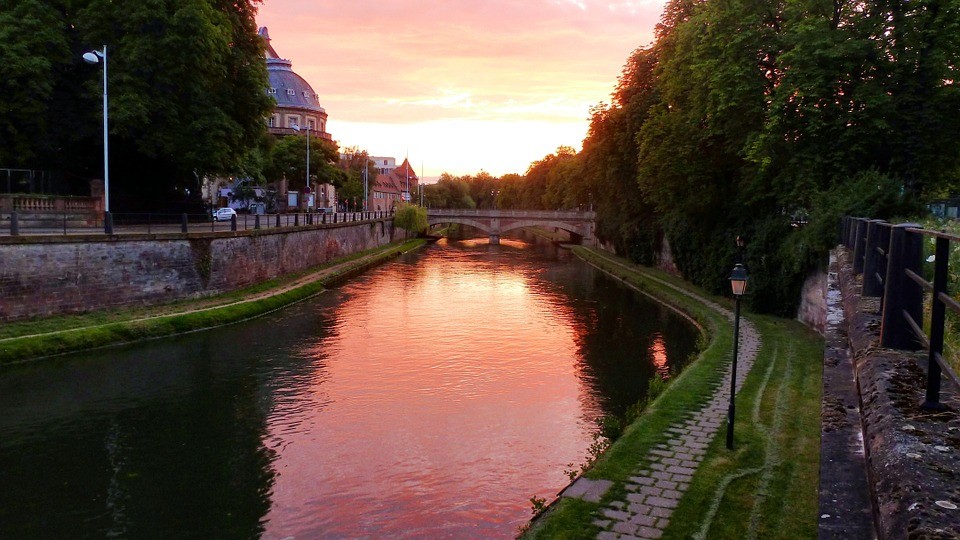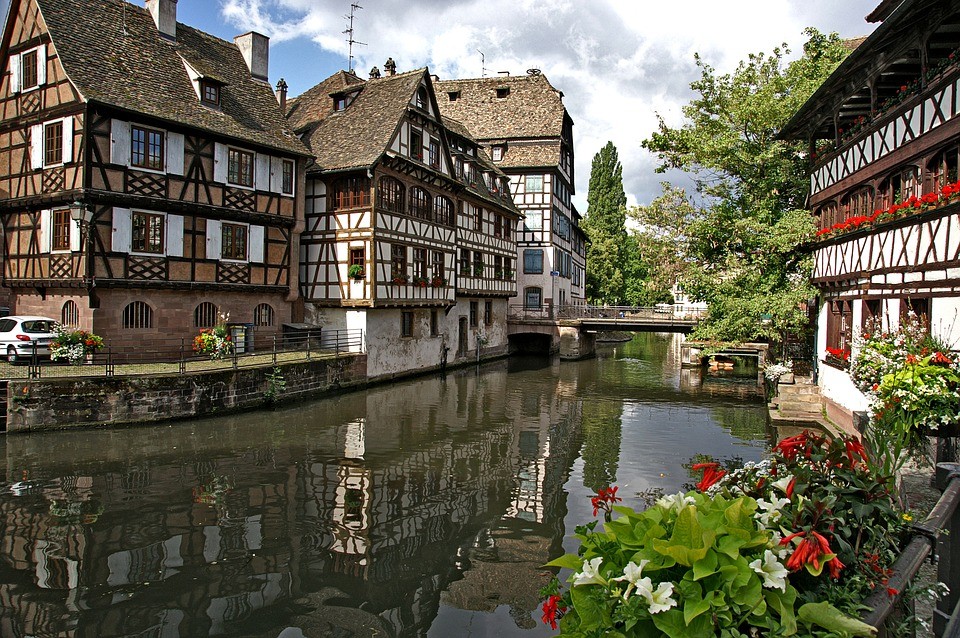4th year Medicine in Strasbourg, France
Why did you choose to go to Strasbourg, France?
The study agreement from my university was good.
I wanted to learn French.
I had got good references about the quality of teaching and the university environment there.

How long is the scholarship? How much money do you receive to help you with living costs?
One academic year, I got a grant from the European Fund and I was offered some financial help from my university, which totalled €3, 300.
What is the student lifestyle like in Strasbourg?
It's great. An excellent city for Erasmus, it has lots of welcoming and linguistic integration programs, lots of activities, excellent university sports facilites for a great price. You have a library at your disposal, it's full of textbook for technical terminology to revise from at the start of the course. However, at least for medicine, the work load is heavy and you have to work every day and to be well organised.
Would you recommend the city and the university of Strasbourg to other students?
Yes, I would recommend it. All aspects of it.

What is the food like there?
Typical Alsace food is more like German food than French food, they have a lot of meat dishes, but they also have a lot of cheeses and dairy-based sauces. The Alsace wines are mainly white wines, they also have artesanal beers (in a lot of the brasseries and bars). and, throughout France, there are university canteens that offer a full menu for €2. 90.
Was it difficult to find accommodation in Strasbourg?
I used the online application provided by the medical faculty for exchange students. You can also apply for your accommodation by filling out the CROUS application, for all faculties. In general, you have to apply quite far in advance, because the places get filled up quickly.
How much does it cost to live in Strasbourg?
The public university residences cost around €150 a month. You get a private room, a private or shared bathroom, depending on the residence, and a communal kitchen. Apartments or studios can be more expensive. You get bigger rooms in the private residences, often with a private kitchen, but they're much more expensive, at around €500-600 a month.

Is the language easy to get to grips with? Are there language courses available at the university?
I didn't know any French when I applied for my Erasmus, but I went on an intensive course in Grenoble this summer, which taught me enough to be able to understand the classes and to be able to talk to other people there comfortably. Upon arriving in Strasbourg, they offered me another intensive French course for free, but I didn't go.
What's the easiest or most economical way to travel to Strasbourg from your home city?
The cheapest way (from Spain in general) is by different trains, which takes a few days in total. I would say that the most efficient way is by plane (although I don't know about the bus timetables). Some online baggage transportation companies will get your luggage you can't take on the plane there for very cheap.

Where would you recommend for a night out in Strasbourg?
There are student associations who send us ads for parties, and they put up posters in the residences. They're the best places to go out to (apart from the club or the bar), and it's where you'll have the best time. Since there are parties pretty much every day of the week, you won't have any trouble getting used to balancing the rest of the activities and studies.
And to eat in Strasbourg? What are some of your favourite places to go?
Of the university restaurants, Stift is known as the best in France, the rest have a similar menu. Les Brasseurs (near the Gallia tram stop) has a Happy Hour, when some dishes and beers are half price. In la petite France, there are some slightly more expensive restaurants, there's a kebab place near Gallia that stays open until 3 in the morning.
What good cultural sites are there to visit?
All of the museums are worth seeing. There's the cathedral, the European parliament, going on a bateau-mouche (which have very interesting presentations about the different stages of the history of Strasbourg), going around the old hospital, the shows at the theatre and the opera in Strasbourg at a reduced price (or are free) with the "Carte Culture" which you get from the university, for the whole of your exchange. What's more, in Germany (which you can get to by the city bus going to the first German town) they have collective train tariffs, which let you travel around Germany for cheap.

Do you have any advice for students coming to Strasbourg in the future?
It's important to get your accommodation early, find a way to learn the language before your exchange if you don't know it already, get a good study agreement, if you can, get advice from other students who have been there in previous years. Once you get there, learn about the class and evaluation system, the type of exams they do... Being well organised before your exchange will help you not be too stressed and to make the most of your stay, since you won't get the change to do it again.
Content available in other languages
Share your Erasmus Experience in Strasbourg!
If you know Strasbourg as native, traveler or as exchange student... share your opinion on Strasbourg! Rate different characteristics and share your experience.
Add experience →















Comments (1 comments)
Hi, I'm looking to apply for Erasmus in 4th year of medical school in Strasbourg. Could you explain where I could find their course material and how easy it was too learn provided there is a language barrier